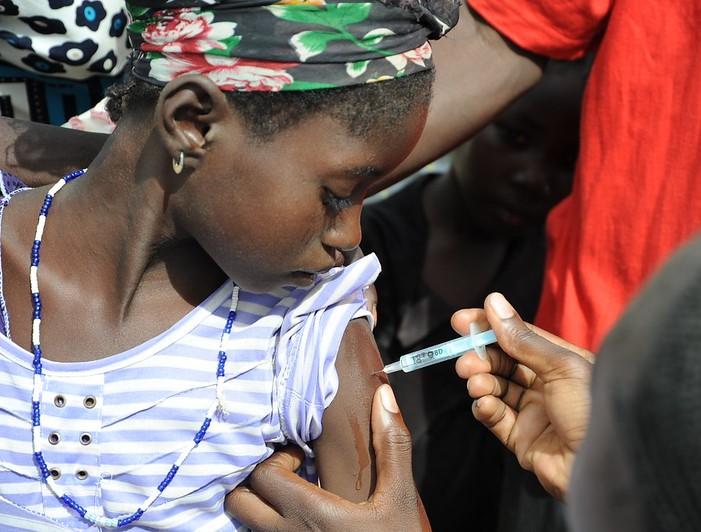
Instituting routine testing of migrants for certain infectious diseases leads to earlier diagnoses and treatment, improving health outcomes and lowering the risk of onward community spread, suggests an observational UK study published late last week in eClinicalMedicine.
The researchers gauged the efficacy of testing migrants for tuberculosis (TB) with an interferon gamma release assay, HIV, hepatitis B virus (HBV) with surface antigen testing, and hepatitis C virus (HCV) with antibody testing and polymerase chain reaction (PCR) testing. The team tested patients when they first registered with general practices (GPs) in Leicester and analyzed test positivity rates, numbers of new diagnoses, and other healthcare data from 2016 to 2019.
"While some testing for infectious disease may take place at the discretion of individual GPs currently, this is neither the norm and typically happens in silo," senior author Manish Pareek, of the University of Leicester, said in a university news release.
Vast majority completed treatment
Of 4,004 migrants referred for testing, the test positivity rate was 0.5% for HIV, 3.3% for HBV, 0.2% for HCV, and 19.4% for TB. Among the 437 TB patients, 7% had active disease, and 92% had latent infections.

%20(2).jpg)













